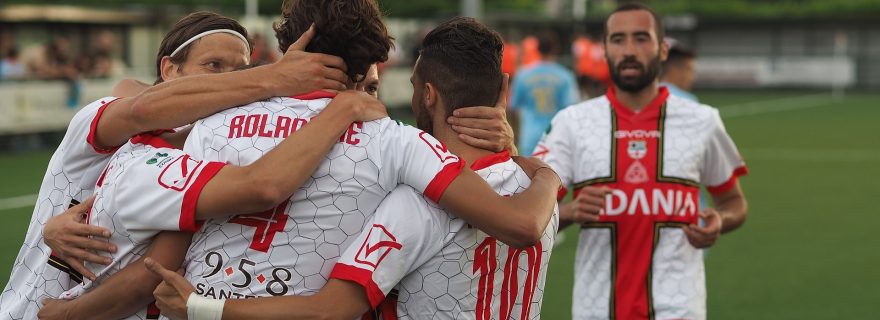Sport Diplomacy of Contested Territories
Not all territories enjoy membership of international sports bodies like FIFA. Thus, some territories have been forced to seek alternative avenues for sports diplomacy, such as gaining membership of CONIFA.
International relations, diplomacy, and sport have become increasingly intertwined, with sport and sports events being used for various diplomatic and political goals. Yet, membership of international sport governing bodies, such as FIFA and the International Olympic Committee (IOC), is largely organised along lines of sovereign statehood. Like other fora of diplomacy, this excludes contested territories that wish to engage in sports diplomacy for various political, economic, and cultural reasons. However, entities that wish to represent a specific region or people other than the sovereign state, can engage in international sports through alternative sports associations like the Confederation of Independent Football Associations (CONIFA). In our paper in the Hague Journal of Diplomacy, we discuss how and why contested territories engage in para- and proto-sports diplomacy using the case of the Confederation of Independent Football Associations (CONIFA). This paper finds that while the participating entities often make a political statement, there is little evidence that participation in CONIFA furthered their foreign policy goals. While beyond CONIFA, contested territories have generally been unable to advance their sporting sovereignty or engage in diplomatic relations with recognised states through sports diplomacy, participating in CONIFA aids in nation branding through hosting rights and media attention, and contributes to strengthening the ‘national’ identity of the participants.
Most contested territories, apart from Taiwan, Palestine, and Kosovo, have been unable to secure membership of the IOC or FIFA. While FIFA (211 national associations) and the Olympics (206 National Olympic Committees) accepted national associations representing non-sovereign territories as members in the past, this generally happened with the blessing of the base state. Furthermore, the FIFA Statute and the IOC Charter have since been amended limiting membership to association representing an ‘independent state recognised by the international community’. Thus, teams representing contested territories have been excluded from international sports permanently. As a result, contested territories that wish to be represented and engage in international sport have been forced to look for alternative platforms. Currently, the only large scale alternative sports platform is CONIFA, which grants membership to any Football Association representing a territory, nation or people that is not a FIFA member.
The reasons why contested territories wish to engage in international sports and sports diplomacy is wide-ranging. The paper discusses several key motivations for participating in alternative international sports events. First, contested territories, like Abkhazia or Northern Cyprus, make a political statement through their participation at CONIFA. By participating they display their desire to change the territory’s status quo and to be recognised as relevant and legitimate actors on the international stage. Through displaying their flag, singing their national anthem, and playing football as a national team, CONIFA members aim to show that the group they belong to is different from the state that they are attributed to.
Secondly, CONIFA members aim to change the international perception of their territories from lawless and conflict-ridden places, and instead present themselves in a positive light and show a free-from-conflict image. One way to achieve this is by showing the ability to host sporting events in the contested territories, such as Abkhazia (2016), Northern Cyprus (2017), and Nagorno-Karabakh (2019). Another and equally important element is the use of media and online streaming platforms to get positive media attention and raise awareness of their existence, and by extension increase awareness of their political causes.
Thirdly, by participating in CONIFA, members can use sport to strengthen and consolidate their “national identity” and challenge the dominant base state identity. Football can be used to mobilise communities by making them gather around something tangible. This, in turn, empowers the local population and provides a non-violent outlet for pride, identity, and patriotism.
Lastly, through participating in CONIFA, teams representing contested territories can engage with like-minded counterparts, build networks with other members, and simply provide a platform for local players to play football. Despite the seeming advantages and benefits of participating in CONIFA, contested territories, unfortunately, have similar issues in sports diplomacy as other types of diplomacy, and despite the opportunity to play internationally, CONIFA does not provide an opportunity for them to engage with and build (diplomatic) relations with the most important actors: recognised sovereign states.
Thus, our paper concludes that even though CONIFA provides a vital avenue for contested territories to engage, be represented on the international stage, disseminate “their story”, show themselves in a positive light, and build their collective identity, these polities continue to be underrepresented and excluded from the international club of states. Thus, the external/international benefits toward furthering the political, economic and cultural goals of contested territories of participating in CONIFA may be limited, but the long-term impact of participation will need to be monitored.



